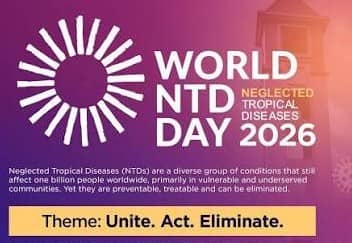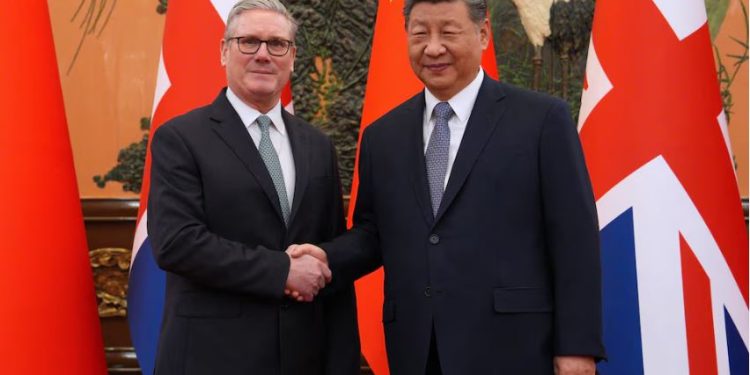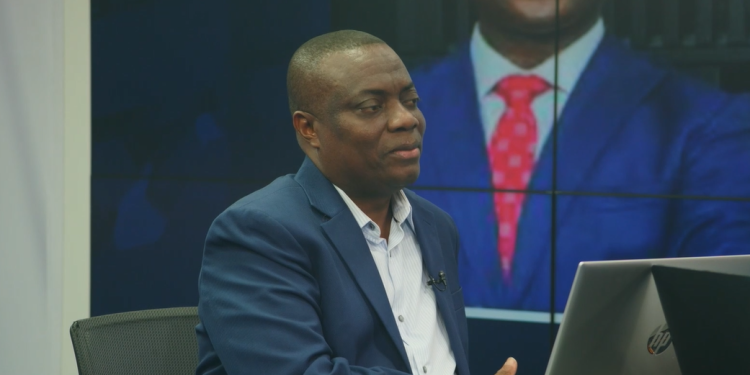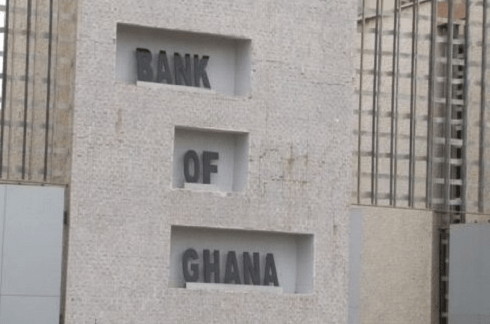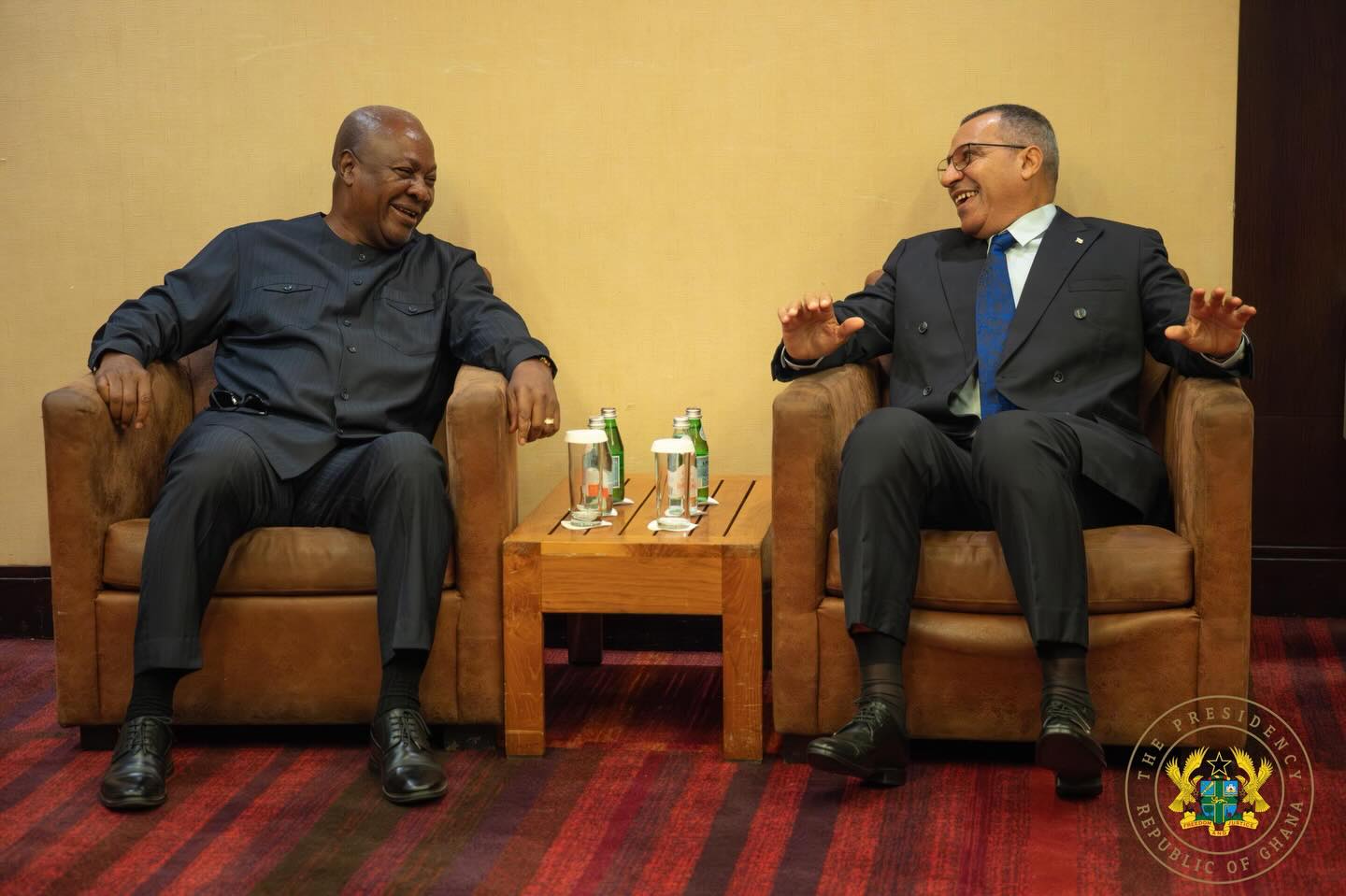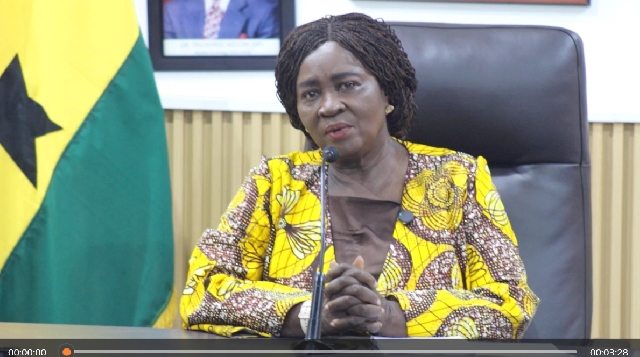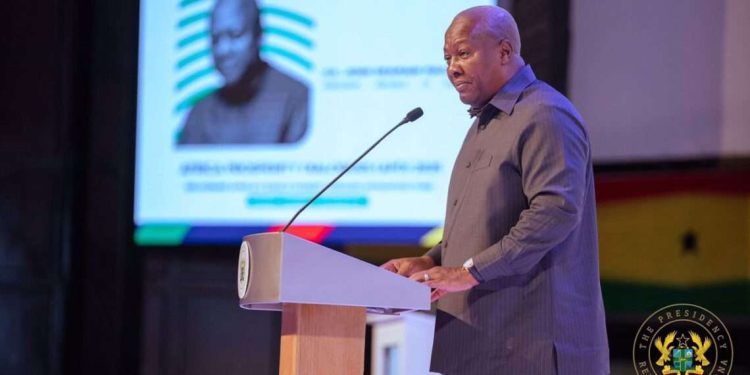In the wake of the 2024 general elections, a storm of sentiment swept through the nation, unraveling the deep-seated frustrations felt by many voters. Apexnewsgh reports
A post-election poll conducted by Global InfoAnalytics captured this sentiment, revealing that a staggering 68% of respondents held former President Nana Akufo-Addo accountable for the New Patriotic Party’s (NPP) unexpected defeat.
As the results circulated, it became clear that the public sentiment was not solely focused on Akufo-Addo. The findings painted a broader picture of accountability within the party. Among the surveyed voters, 40% specifically blamed former Finance Minister Ken Ofori-Atta for the electoral fallout, citing economic mismanagement that had plagued the nation.
Meanwhile, 37% of respondents directed their ire toward Dr. Mahamudu Bawumia, the NPP’s presidential candidate and former Vice President, suggesting that his leadership did not resonate well with the electorate.
The dissatisfaction didn’t stop there; 33% of participants pointed their fingers at Dr. Matthew Opoku-Prempeh, as many felt his contributions fell short in addressing voters’ pressing concerns. Even the Members of Parliament were not left unscathed, as 25% of voters attributed some level of blame to them for the party’s loss, highlighting a broader discontent with governmental performance.
The poll’s results reflected a general consensus that the Akufo-Addo administration’s handling of various issues—ranging from economic challenges to governance-related matters—played a pivotal role in the party’s downfall. Public dissatisfaction loomed large, with many feeling that the government had not adequately addressed their needs.
Interestingly, only 9% of respondents felt that Kennedy Agyapong, who had contested in the NPP’s primaries but did not lead the party into the elections, deserved any of the blame. This indicated that while internal party dynamics might have played a part in voter choices, the primary responsibility was overwhelmingly attributed to those within the existing administration.
As these findings emerged, they highlighted the intricacies of voter sentiment and the formidable obstacles the NPP now faced in rebuilding its reputation and reconnecting with an electorate yearning for change after the election debacle. The path ahead appeared challenging, as the echoes of disappointment lingered in the air—a reminder that public trust is a fragile commodity in the realm of politics.
Source: Apexnewsgh.com



